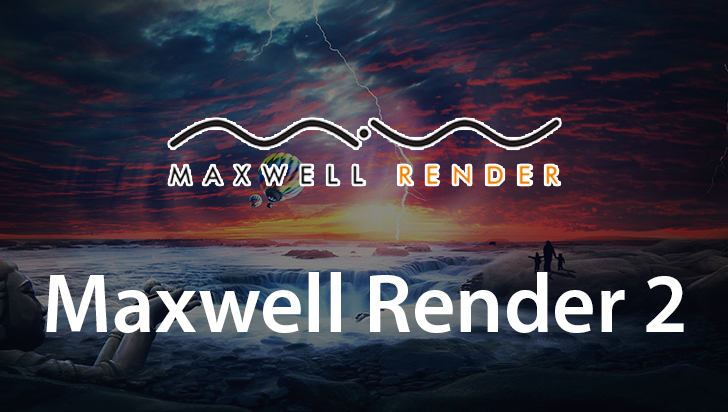In general Jason's tutorials are the defacto learning resource but I'm not sure there's any one video in which he completely tackles your specific question.

This VTC online course on Maxwell Render 2 is designed to get you up & running with Maxwell Render quickly & effectively. Sign-up today to learn more.

vtc (www.vtc.com)
There's also the Maxwell resources tutorials which again deal a bit more generally with the issues.
http://support.nextlimit.com/display/tuts/Home/
The key to understanding Maxwell is understanding that it does not cheat - at all. The upside is the reality you can achieve. However, it can be frustrating at times. You've probably seen plenty of beautiful Maxwell interiors so obviously it's not a limitation in the software. So as you're solving issues like this you want to think of it as if you've just taken a photo of a room which turned out to be too dark. What could it be that caused this? In broad strokes it's either going to be a lack of light in the room or camera settings. If you're taking a photo of a room with the lights off it'll be really difficult to get a good picture, likewise if there's only 1 light source or all of your lights are really dim. Alternatively if your camera is set with an EV of 13 or 14 you'll end up with similar issues as it should be closer to 7ish.
There are more technical rendering quarks as well. If your scene is not to scale it could cause issues. If all of your lighting is being bounced off of reflective surfaces it could take forever for the lighting calculations to resolve, etc.
If you post some images of what you've got it would be easier to tell what may be going on - or even posting a MXS file.
As to your other question, it's hard to say whether or not Maxwell is right for you. I really like the software but admittedly it's not for everyone. I think the most fundamental questions come down to where you fall on the scales of needing photorealistic results, how much time you have to learn a software, and how much time you have for individual projects. Maxwell can produce highly photorealistic images with a fairly small learning curve but renderings take longer to resolve. Vray (or similar software) CAN produce photorealistic results but only after a steep learning curve and the renderings won't take as long.
-Brodie
 )
)